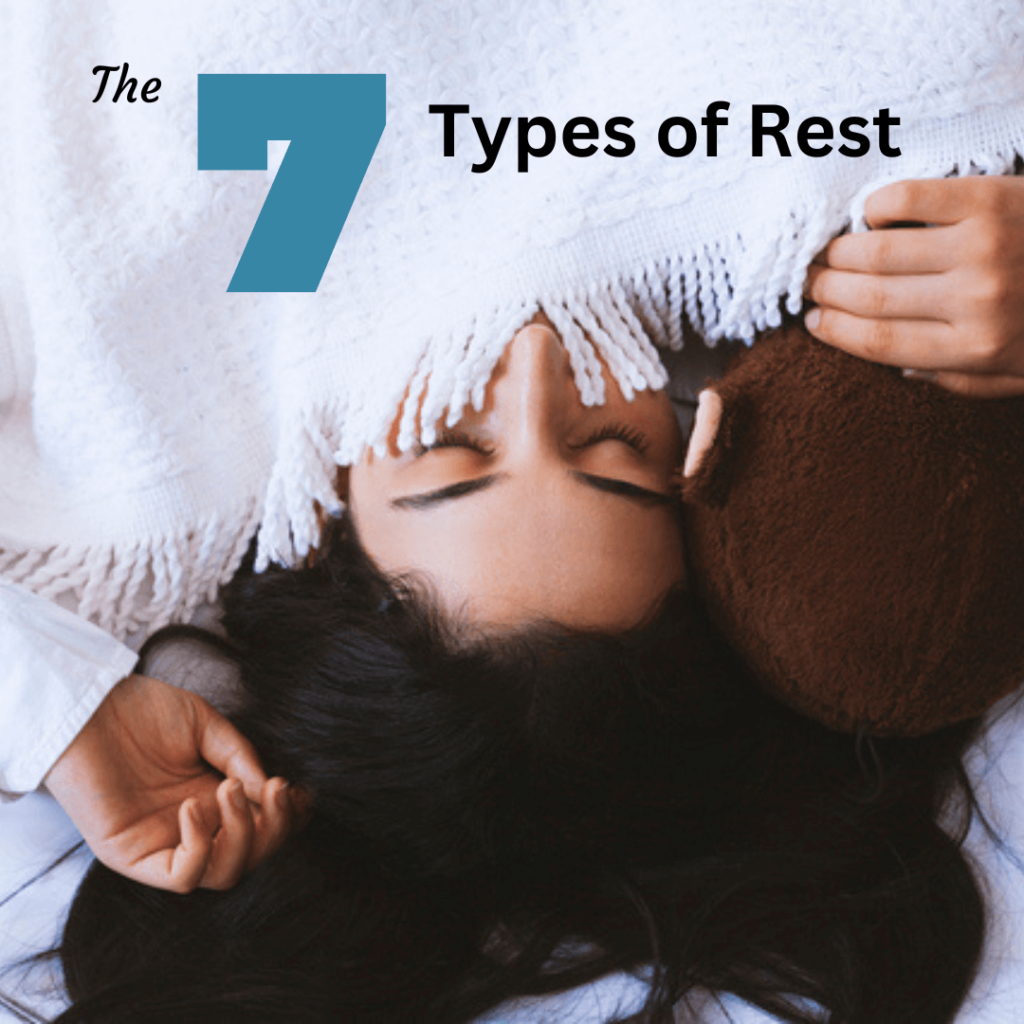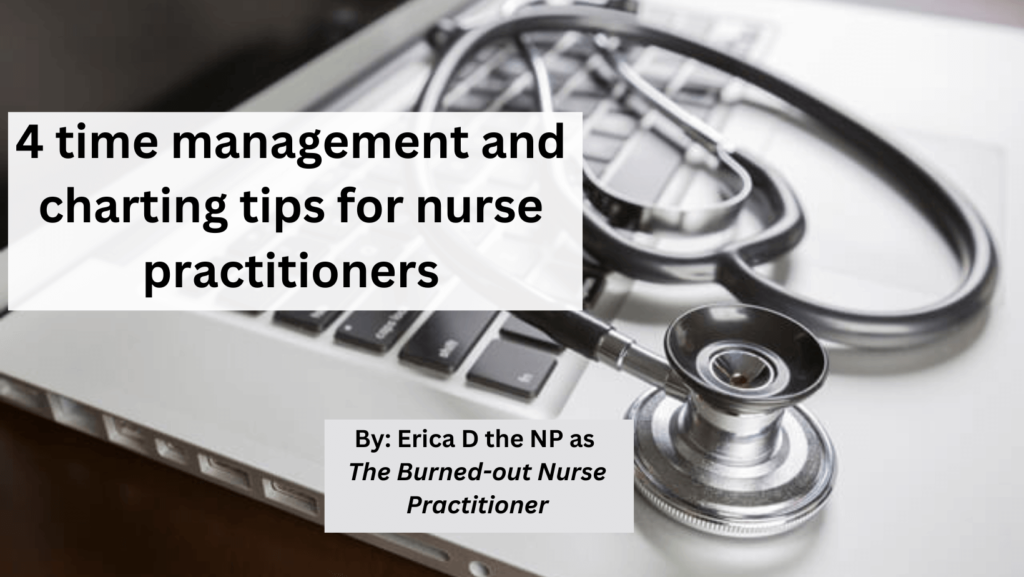Coping with Patient Death | Nurses Dealing with Patient Death
“Grief is the price we pay for love,” said the late Queen Elizabeth II. The very essence and expression of grief are precisely that; it is love. Your grief is ok, and it is a natural byproduct of the service, care, and compassion you freely administer.
She was nearing the end stage of her cancer journey, and the decision was made for comfort measures. I went in throughout the day to administer care and support the family at the bedside, but nothing prepared me for what would come.
Yes, I anticipated my patient’s death; what I didn’t anticipate was my reaction to her death. I had no idea how to process or navigate that loss, especially within my role as a health professional.
Grief expert David Kessler is one of the world’s foremost experts on grief and loss who has taught many physicians, nurses, counselors, and first responders about end-of-life, trauma, and grief.
“…run into the storm.”
Kessler says, “when buffaloes sense a storm coming, they run into the storm, minimizing the time they are in pain. On the other hand, we keep grief 3 feet behind us, which makes it last longer.”
But how do you run into that storm or face it when you don’t have the proper resources to face it? During training, many of us were taught to be robots and show little to no emotions, but as grief expert David Kessler puts it, closing yourself off emotionally from that experience, in turn, desensitizes you to your feelings.
My first patient death was incredibly challenging, but my support came in the most unique and beautiful way!

“Grief does not happen in isolation, and neither does healing.”
The only person that offered me an embrace or support during that time was my deceased patient’s daughter! Many health professionals are faced with limited to no resources and support after their first patient death and many other experiences that warrant more support!
During those moments, it is essential to permit yourself to grieve in a way that works for you.
Allow yourself time and space to heal. There is no set timeframe or formula for grieving. Learn and grow through it. Seek peer support from someone you trust or speak with HR, who can tell you the available resources.
Grief does not happen in isolation, and neither does healing. Don’t be afraid to find a trained professional that can help.
Resources:
1. David Kessler
- Grief.com—resources and services on navigating the death and grief process.
2. Therapy Aid Coalition
- Therapyaidcoalition.com—nonprofit that offers free short-term therapy sessions for US healthcare professionals and first responders.
3. Don’t Clock Out
- Dontclockout.org—peer support and mental health resources for healthcare workers and students. They also offer weekly support groups.
4. Physician Support Line
- Physiciansupportline.com—free and confidential support line for US physicians and medical students.













